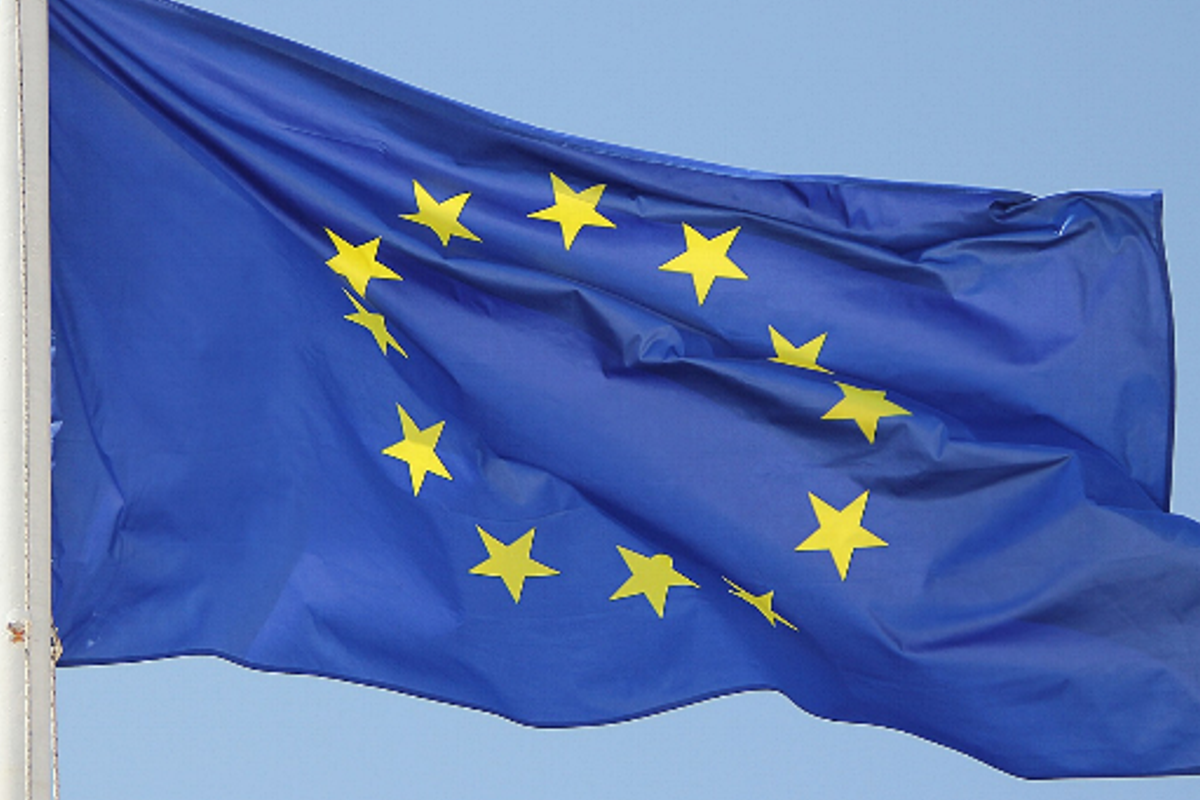
In a few months, the European Commission will propose new rules that impose restrictions on large tech companies. The so-called Digital Markets Act (DMA) targets companies such as Google, Apple and Meta. But can the consumer also experience disadvantages?
Digital Markets Act
Privacy and competition watchdogs regularly challenge the largest tech companies. The reason is usually an acquisition or service that severely disadvantages smaller competing companies. Then fines add up to billions. For example, Facebook already paid 4.5 billion euros two years ago, which was a larger sum than the previous record fine of 4.3 billion euros that Google paid to the EU.
The European Parliament has long agreed that it should impose stricter regulation on ‘big tech companies’ in order to protect competition and give consumers more choice. The European Commission has been working on the so-called Digital Markets Act (DMA) for more than a year, and the final dots will be put on the i’s in the coming months.
Fixed rules and billions of fines
The intention is that there will be fixed rules in the EU that are specifically aimed at only the largest companies. ‘Gatekeepers’, as they are called by the European Commission, and by that lawmakers mean companies such as: Apple, Google, Meta, Amazon and Microsoft. These tech companies have become so powerful that they are bigger than an entire industry on their own. Take Google, for example, worth 1618 billion euros, or larger than the entire car industry, the NOS.

If one of these gatekeepers will soon color outside the lines, the EU can immediately impose fines on them that could cost companies billions in capital. With clear rules, smaller companies should become less dependent on the big players, so that they themselves get a larger share of the pie. Take now that Apple will soon be obliged to allow other application stores for iPhones, then competition will arise between application stores on iOS.
Army of lobbyists
In theory that should be the case, but everything depends on the final laws proposed by the EU. Lawmakers are also influenced by an army of lobbyists in Brussels, which is already a multi-billion dollar industry in itself.
Yet the fear is certainly there among large tech companies, anonymous insiders say to the NOS. For example, it is not clear which companies will soon be seen as gatekeepers and which will not. There is no doubt about players such as Apple and Google, but what about market leaders such as Spotiy, Netflix and Booking.com?
Consumers the victim?
The tech siders also fear that the consumer will soon become the victims of the new policy. For example, smartphone users may need to log into their phones more often when switching between services. The tech siders argue that major innovations such as the rise of smartphones would also not have been possible under strict regulations such as the DMA.
Whether that is really true remains to be seen. More should become clear in the coming months, because the intention is that the DMA is ready before April. France currently holds the presidency of the EU and French President Emmanuel Macron wants to finalize the DMA for the French presidential elections, the statement said. European think tank CER on his website.
Want to stay up to date with the latest Android news? then download our android app and follow us facebook, Instagram, YouTube, Telegram and Twitter.
– Thanks for information from Androidworld. Source